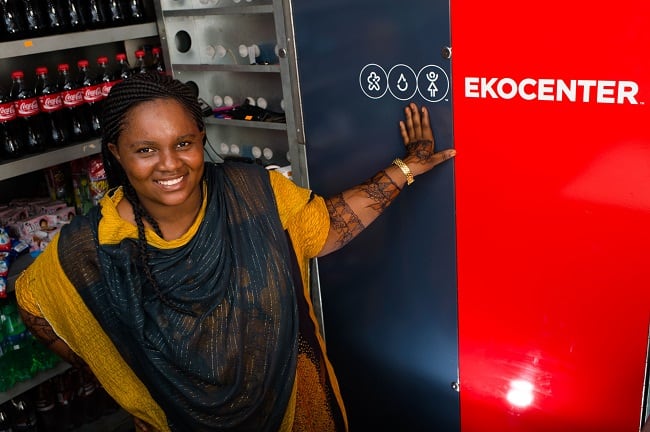Speaking to FoodNavigator-USA at Tyson Foods' Chicago offices last week, Reed said the idea behind the Chicagoland Food & Beverage Network is to break down the “old-fashioned relationships” that have existed previously in the food and beverage industry and create an approachable community between companies of all sizes.
“We’ve always had a terrific ecosystem here and what we’ve worked hard on in the past year and what we will continue to work hard on is to bring this together into a community,” Reed said.
“One of the unique things about our audience is that it’s big companies, small companies, and everywhere in between and we are bursting at the seams.”
Mars Wrigley, PepsiCo, and Tyson Foods, all of which have head offices in Chicago, have recently joined the Chicagoland Food & Beverage Network.
“We have so much more to do, our first year has mostly been about gathering this community together, and now that the community has come and continues to grow, we have aggressive plans.”
The Chicagoland Food & Beverage Network is currently building a food manufacturing training institute based on an industry driven curriculum.
“We are exploring launching a seed fund for women and minority entrepreneurs and we’re launching a next generation leadership series that will help companies learn and identify their next generations of leadership,” Reed added.
How big food is approaching the next generation of the food industry
Speaking at the recent Chicagoland Food & Beverage Network’s Innovation Breakfast was Tyson Foods’ executive vice president of corporate strategy & chief sustainability officer, Justin Whitmore, who commented on the importance of adopting an agile startup mentality as Tyson is striving to do with its 'innovation hub,' a subset of the company’s larger R&D and innovation team.
“This is a group of people who are entrepreneurs, supply chain experts, that go from nothing to a full product launch in six months’ time,” Whitmore said.
Setting science-based sustainability goals and forming partnerships with policy makers, NGOs, and those working in the agricultural industry are also a crucial to providing the most impact in local communities, according to Whitmore.
Tyson Foods, for example, has collaborated with the World Resources Institute to go about achieving a 30% reduction in greenhouses gases by 2030. The company also set a goal of improving two million acres of land with improved soil and nutrient management management practices and is seeking to set more aggressive sustainability and innovation goals.
“That’s why we’re in groups like this (Chicagoland Food & Beverage Network) because we need more ideas, we need more people, we want to drive more impact at Tyson,” Whitmore said.
Derk Hendriksen, vice president and general manager of EKOCENTER at Coca-Cola, also spoke to the importance of “tri-sector” partnerships in the food and beverage industry.
“You can’t solve the world’s problems, not as company nor as an industry, without partnering outside and having a value network instead of a value chain,” Hendriksen said.
“Thinking about partnerships for me, has provided a new lense for leadership and I’ve learned to lead more from the back then the front; it’s more like you’re a shepherd rather than a general.”
Having a “sense of purpose” such as Coca-Cola’s social enterprise initiative, EKOCENTER, is another key aspect of forming meaningful partnerships, Hendriksen noted.

Coca-Cola describes EKOCENTER as a cross between a community center and general store run mostly by local women entrepreneurs living in socio-economically challenged areas. EKOCENTER kiosks sell a range of products and enable solar power connectivity to enable other basic community needs such as mobile phone charging and financial transactions. Each EKOCENTER also provides safe drinking water for the local community.
Coca-Cola’s EKOCENTER initiative is a network of 150 kiosks located in eight countries (mostly in Africa) that provide utilities such as safe drinking water and solar power energy to the surrounding community and are run by local women.
“Shared value as we define it is not just a nice thing to do, it is necessary to our strategies,” Hendriksen added.
“I believe that the leader of the future is a leader that can navigate across sectors and not just a silo, because the world will not accept it if you only serve yourself.”
